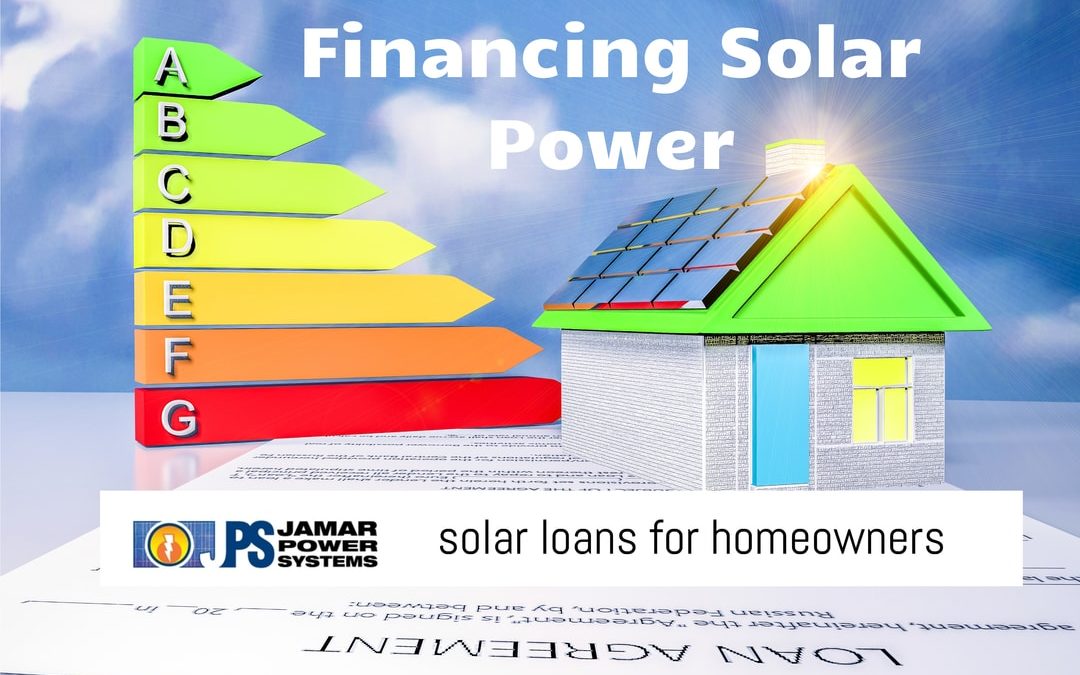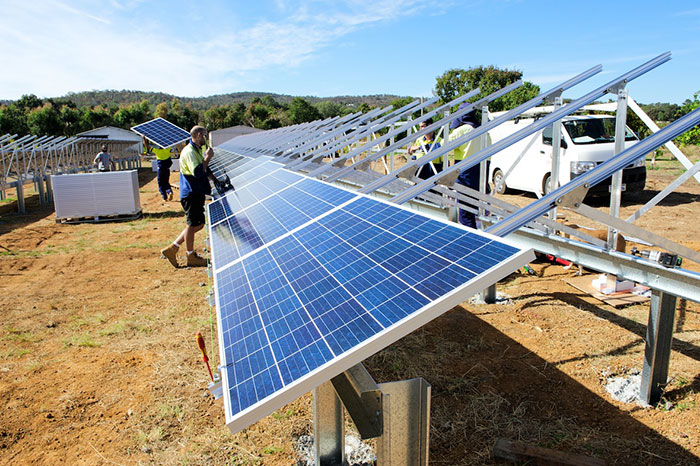

Want to know more about your options? Get in touch and one of our team will be happy to help advise you and even give you a quotation, to contact us, click here.Workforce Training - Building Operations & Maintenance That said, with this tariff, it’s difficult to budget and can be more expensive than fixed contracts. Variable tariffs do not typically have a contractual term so offer flexibility to move to a different supplier without the need to wait for your contract to expire. The unit cost on variable energy tariffs fluctuates according to wholesale energy price rises and drops, so the price can change month to month. This protects a business from price rises though if the prices drop you end up overpaying, but overall, it affords you more control over your bills and is most often cheaper than a variable-rate tariff. Each has its benefits however it is important that you assess which best suits you and your business.Īs the name suggests, a fixed-price energy tariff sets out how much you pay per unit of energy for the length of your contract. When choosing a utility service, you will generally come across two tariff options, namely fixed price and variable. The flexible option, on the other hand, takes the amount relative to usage so you only pay for what is used however your bills can fluctuate depending on your business’s energy usage. The fixed price option is best suited to companies that want to better forecast their expenditure though this can result in under or overpayment. MB Energy offers you a choice of either fixed-price or flexible direct debits.

Payment options are an important consideration as you need to ensure that the supplier expectations work with your cash flow and support your financial planning. So, we would therefore advise you to check your contract end date to ensure you are not paying over the odds and are able to move suppliers. Commercial utility contracts typically range between one and five years, so it is easy to overlook the switch deadline. The average gas usage for small to medium-sized businesses in the UK is 10,000 to 45,000 (kWh per year)Ī common mistake that businesses make regarding their energy is to go out of contract. The starting point when looking for a new commercial utility partner is to be aware of how much electricity and gas you are using, this is measured in kilowatts per hour (or kWh). Your usage will be determined by the size of your premises, it is efficiency ( light, heating, and energy), opening times, number of employees, and how you are using the utilities. Understanding your energy needs and your situationĪll businesses need some form of commercial utilities, that can be for general uses such as lighting, running computers and heating or even particular user cases such as machinery for food manufacturing and the extent can of use varies. We have gathered some considerations for you below. There are many factors to consider when choosing a commercial utility provider including the rates offered, service level, the length of contract, and type of tariff. Choosing a commercial utility provider is an important decision for any small business and one that can have consequences on their operation and bottom line.


 0 kommentar(er)
0 kommentar(er)
